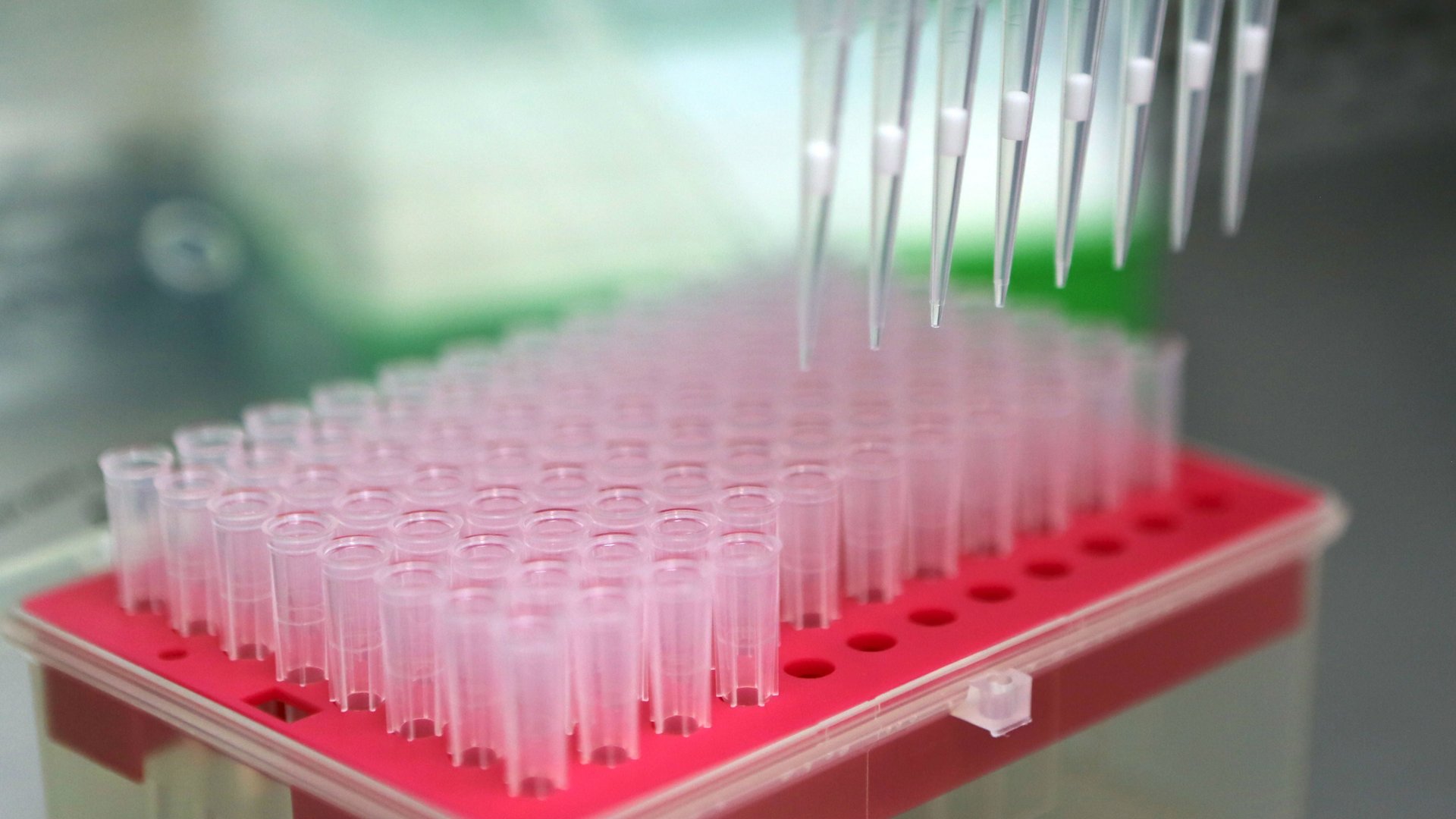A genetic testing company is reviewing 50,000 saliva samples after messing up their results
Doctors are starting to use genetic testing for preventive care, but they’re still nowhere near perfect and they’re not particularly well monitored.


Doctors are starting to use genetic testing for preventive care, but they’re still nowhere near perfect and they’re not particularly well monitored.
In one recent and very striking example, the San Francisco-based company Invitae announced last month it would be re-testing 50,000 saliva samples after discovering that it had accidentally given one patient a false negative in a test for Lynch syndrome. This inherited condition is caused by one of five genetic mutations, and is tied to a significantly higher risk of developing colon cancer.
Genetic screening companies like 23andme that market testing straight to consumers have been highly scrutinized by the US Food and Drug Administration. Four years ago, the FDA forced 23andme to stop its genetic testing services with concerns that its results were inaccurate. In April of this year, the FDA reversed that decision, and has since allowed the company to tell people that they have certain genetic markers—but not the risks of developing diseases from those markers. That kind of diagnosis must still happen in a doctor’s office.
Invitae provides genetic screening for health care providers. These types of analytical labs don’t have to have FDA approval, GenomeWeb, a trade publication, reports. All they have to do is receive accreditation from the College of American Pathologists and meet certain criteria. “When these genomic assays are done centrally [for a hospital], there’s little to no regulatory oversight,” Eric Topol, a geneticist at Scripps Research Institute in San Diego, Topol, told Gizmodo.
In this case, one of Invitae’s clients, a genetic counselor, said that the company had missed a case of Lynch syndrome 11 months ago. When the patient was tested a second time, it came out for one of the telltale mutations. Invitae says that at the time it was trying to improve their tests to detect for more variants, but the tinkering accidentally made it impossible to see positive results for Lynch syndrome.
Now, the company has added three more quality control checks to their tests to ensure they find these mutations, and in the meantime they’ve alerted all of their clients and are re-doing 50,000 tests. Although Invitae’s CEO told GenomeWeb they don’t expect to find more than 15 other cases of false negatives, they still have to retest all 50,000 samples. The company was expecting to run about 110,000 tests this year total.
False negatives may be common in genetic testing, Bryce Mendelsohn, a medical geneticist at the University of California-San Francisco, told the San Francisco Chronicle. Although researchers know these tests aren’t 100% accurate, it’s almost impossible to tell when they’ve failed. Companies only have to report some types of mistakes College of American Pathologists. Patients and doctors are notified in these cases, but the general public usually isn’t. The only difference in this case, Mendelsohn said, is that Invitae openly acknowledged their mistake and is working to fix it.
Quartz has reached out to Invitae for comment, and we will update this post with a response.